10 Foods You Should Not Be Feeding Your Chickens
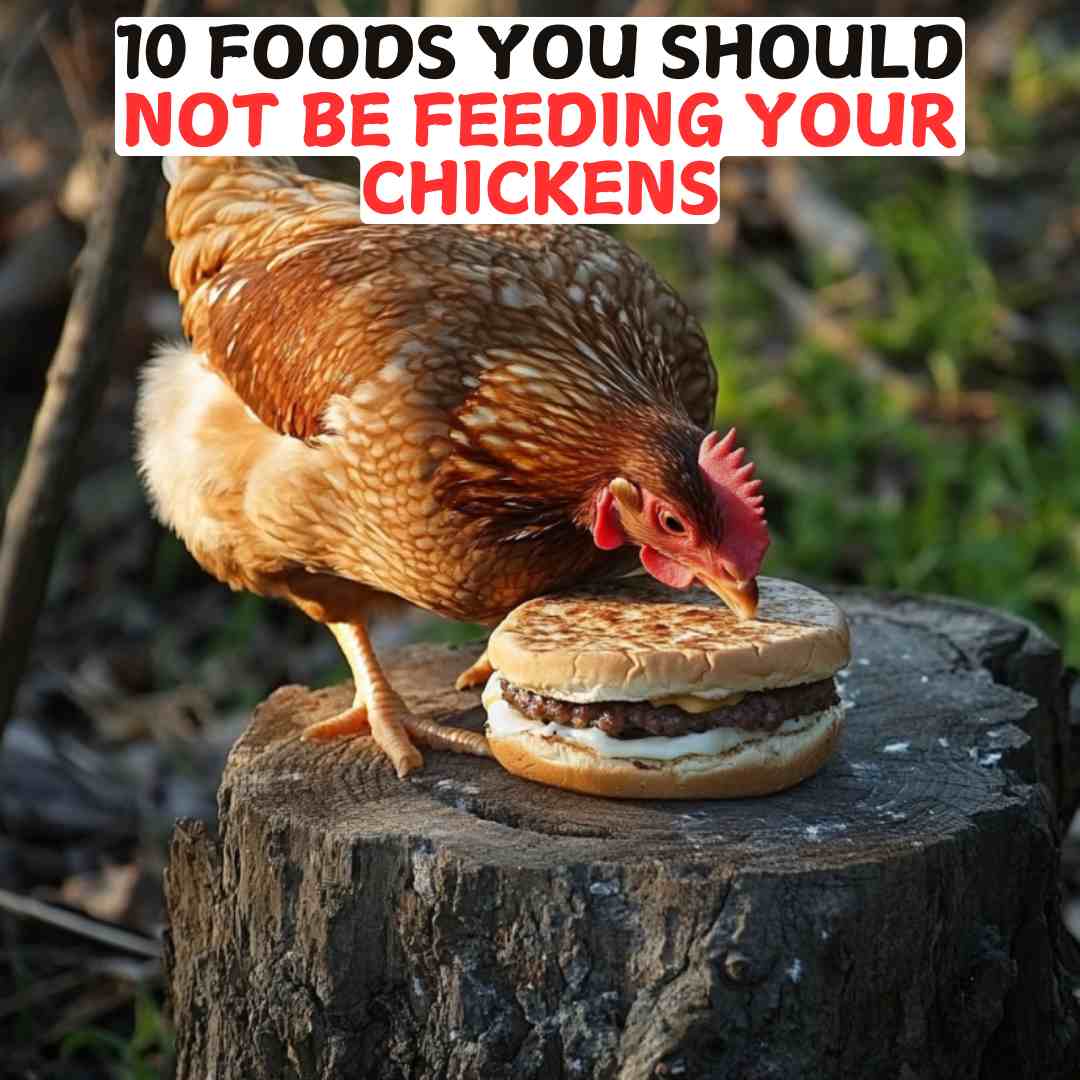
Make sure to like Living Green and Frugally on Facebook, Shop at Amazon to help support my site and explore our PINTEREST BOARDS for innovative ways you can become self-sufficient.
Raising chickens is one of the most rewarding experiences for any backyard farmer or homesteader. Not only do these feathery friends provide fresh eggs daily, but they’re also fantastic for keeping pests at bay and adding charm to your yard. However, like any pet or livestock, chickens depend on you to keep them safe and healthy—and that includes feeding them the right foods. While chickens are known for eating just about anything, there are some foods you should absolutely avoid giving them.
In this post, I’ll dive into 10 foods you should not be feeding your chickens, why these foods are harmful, and what to offer instead. Whether you’re a new chicken owner or a seasoned pro, this guide will help you keep your flock happy and healthy.
Why Does It Matter What Chickens Eat?
Chickens are natural foragers and will peck at anything in their path—bugs, grass, kitchen scraps, and even things they shouldn’t eat. While this behavior might make you think they have iron stomachs, their digestive systems are surprisingly sensitive. Feeding them the wrong foods can lead to serious health issues, egg production problems, or even fatalities.
Knowing what to avoid is just as important as knowing what to feed. So let’s get started with the 10 foods to keep away from your flock!
1. Avocado (Especially the Pit and Skin)
Avocado contains persin, a toxin that is deadly to chickens. The highest concentration is found in the pit and skin, but even the flesh can cause issues in large amounts. Symptoms of avocado poisoning include difficulty breathing and sudden death.
Alternative: Offer leafy greens like spinach or kale for a nutritious treat.
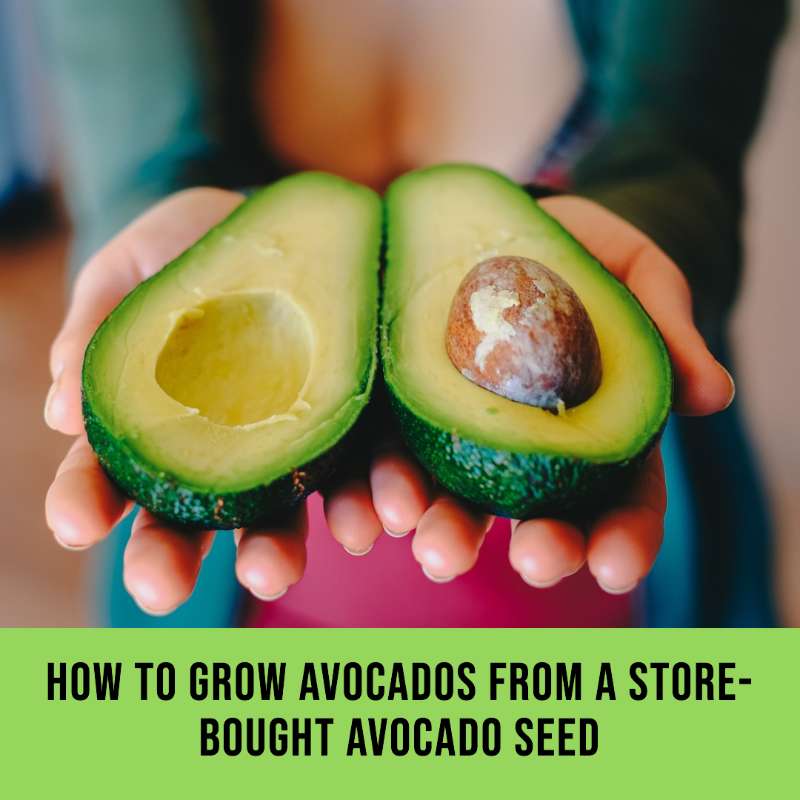
2. Raw or Dried Beans
Uncooked or dried beans contain phytohemagglutinin, a toxin that can kill a chicken quickly. Even a few beans can be fatal, so keep these far away from your coop.
Alternative: Cooked beans (without seasoning) are safe in small amounts and provide protein.
3. Chocolate
Chocolate contains theobromine and caffeine, both of which are toxic to chickens. These compounds can cause heart problems, seizures, and death.
Tip: Make sure kids and guests know not to toss chocolate treats into the run.
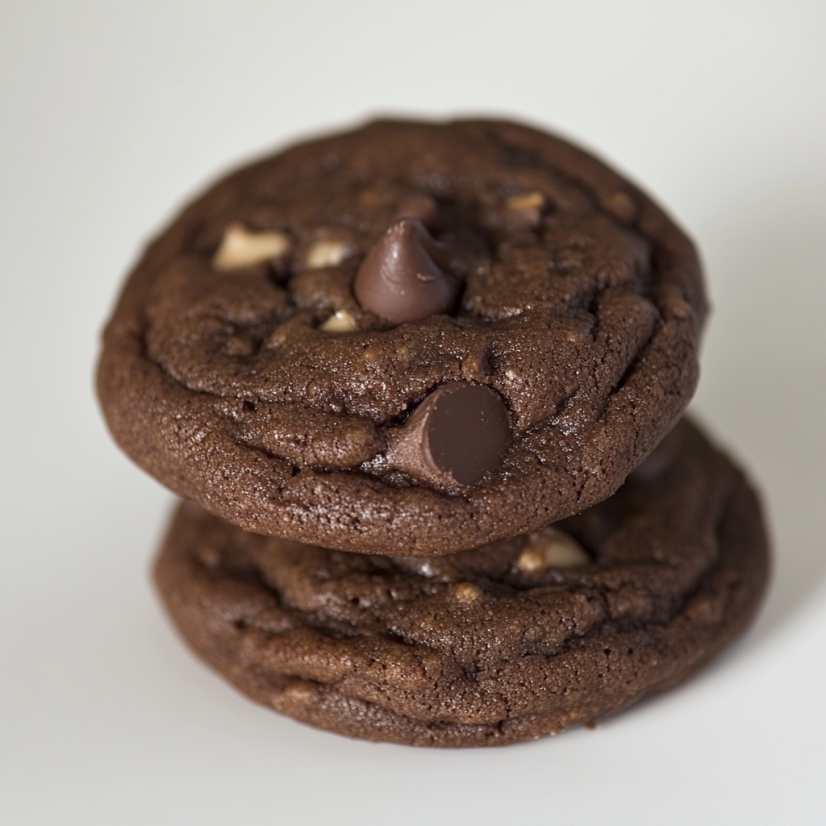
4. Green or Sprouted Potatoes
Green potatoes and their sprouts contain solanine, a toxin that can upset a chicken’s digestive system and lead to illness.
Alternative: Offer cooked, unseasoned potatoes as a treat instead.
5. Onions
Onions contain thiosulfate, which can damage chickens’ red blood cells and cause a condition called hemolytic anemia. Long-term exposure can even affect egg production.
Alternative: Garlic is safe for chickens in small amounts and can boost their immune systems.
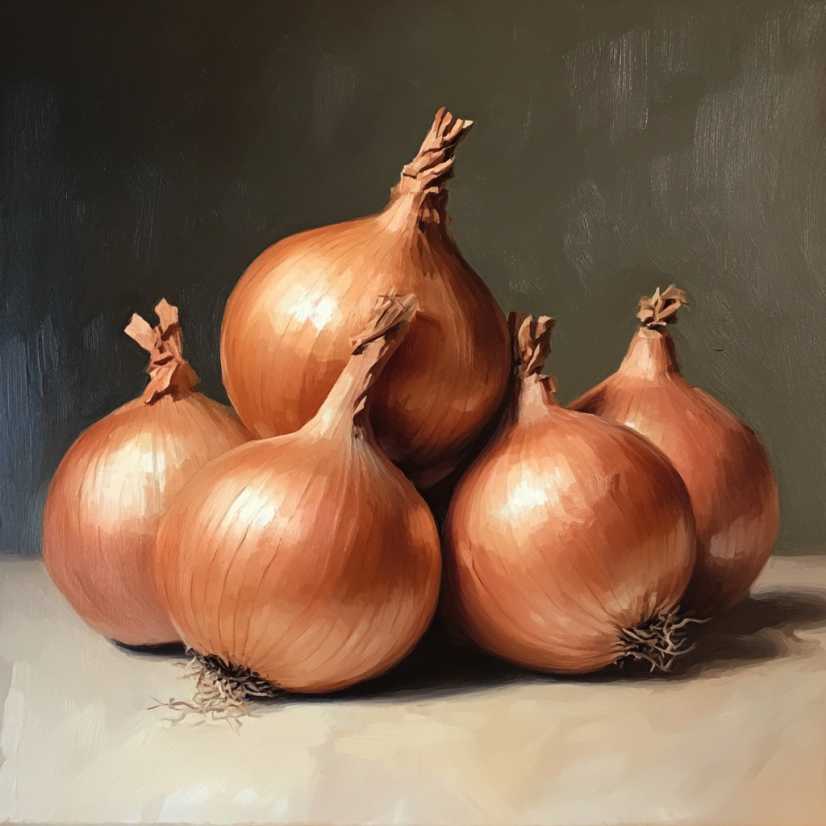
6. Moldy or Spoiled Food
Chickens love scraps, but feeding them moldy or spoiled food is a big no-no. Mold can produce mycotoxins, which are harmful to their health and may lead to fatal infections.
Tip: Always inspect leftovers before tossing them into the coop. If you wouldn’t eat it, don’t feed it to them!
7. Citrus Fruits
Oranges, lemons, and other citrus fruits are not outright toxic, but they can interfere with calcium absorption. Over time, this could lead to thin eggshells or reduced egg production.
Alternative: Berries or melons make great chicken treats.
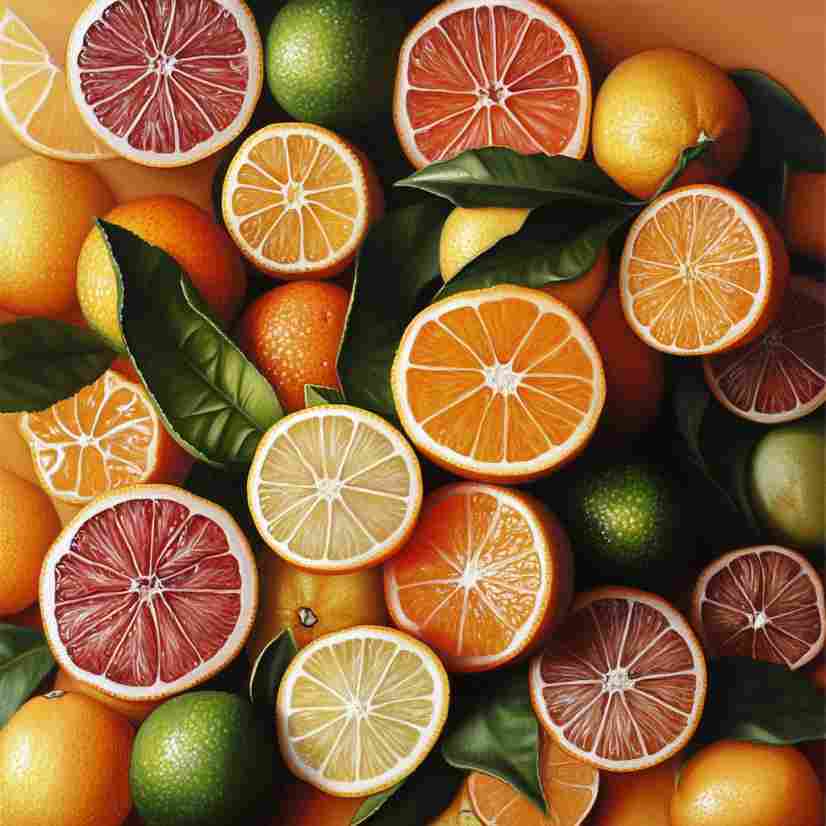
8. Salty Foods
Chickens don’t process salt well, and too much can lead to salt poisoning, causing dehydration, kidney damage, or even death. Avoid feeding them salty snacks like chips or processed foods.
Tip: Stick to natural, whole-food scraps for your flock.
9. Fatty or Greasy Foods
Greasy foods like fried chicken or fast food are hard for chickens to digest and can lead to obesity or other health problems. Plus, it’s a bit of bad taste to feed chicken… well, chicken!
Alternative: Fresh, unseasoned veggies and grains are a better option.
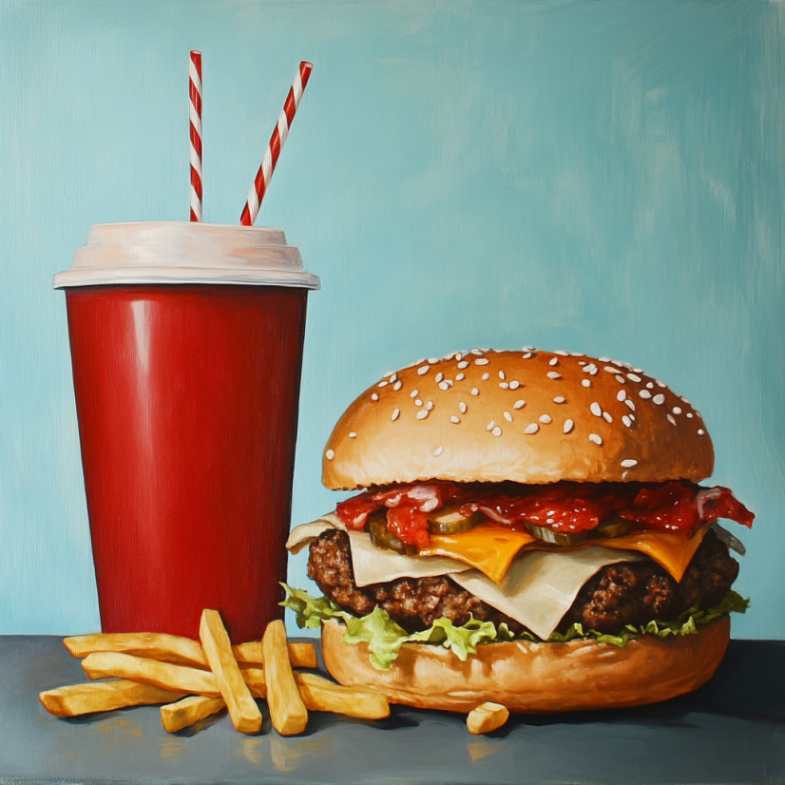
10. Alcohol
This one might seem obvious, but it’s worth mentioning. Alcohol can cause severe poisoning in chickens, leading to organ failure and death.
Tip: Keep drinks and party scraps far away from your chickens, no matter how curious they seem!
Common Questions About Feeding Chickens
Q: Can I feed chickens bread?
A: Bread is safe in small amounts but isn’t very nutritious. Avoid moldy bread, and opt for whole-grain varieties if you do give them some.
Q: Are eggshells safe to feed chickens?
A: Yes! Crushed eggshells are an excellent source of calcium. Just make sure they’re clean and thoroughly crushed to prevent egg-eating habits.
Q: What kitchen scraps are best for chickens?
A: Safe scraps include vegetable peels, cooked rice, pasta, and small amounts of fruit like apples or watermelon.
Q: Can chickens eat meat?
A: Yes, chickens can eat small amounts of cooked meat. It’s a great protein source, but avoid giving them raw meat to prevent disease.
Tips for Feeding Chickens Safely
- Offer a Balanced Diet: Chickens need a mix of commercial feed, fresh water, and safe treats to thrive.
- Inspect Their Food: Always check for mold, spoilage, or toxins before feeding scraps.
- Introduce New Foods Slowly: Some chickens have sensitive stomachs, so test new foods in small amounts.
- Provide Grit: Chickens need grit to help grind and digest their food properly.
Conclusion
Your chickens depend on you for their health and well-being. By avoiding these 10 harmful foods, you’ll help ensure your flock stays happy, healthy, and productive. When in doubt, stick to their staple feed and supplement with safe, nutritious treats.
What are your chickens’ favorite snacks? Let me know in the comments below—I’d love to hear from you! And don’t forget to share this post with fellow chicken enthusiasts to spread the word about keeping our flocks safe.